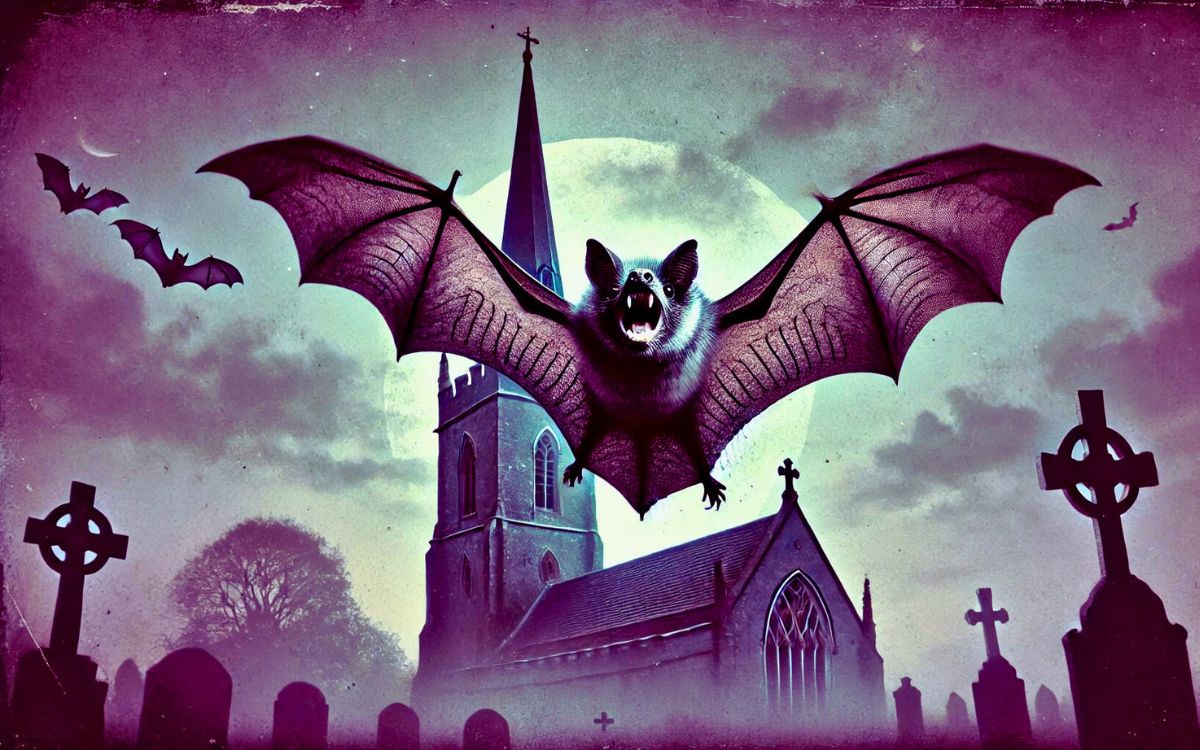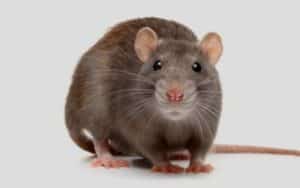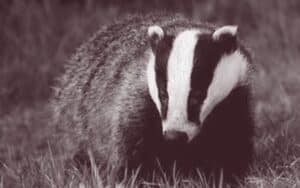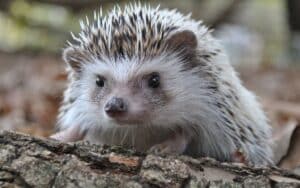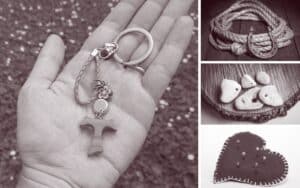Bats folklore in Britain and Ireland has long been filled with supernatural and mystical beliefs, from symbols of death to witches’ familiars, yet their true nature is far less sinister
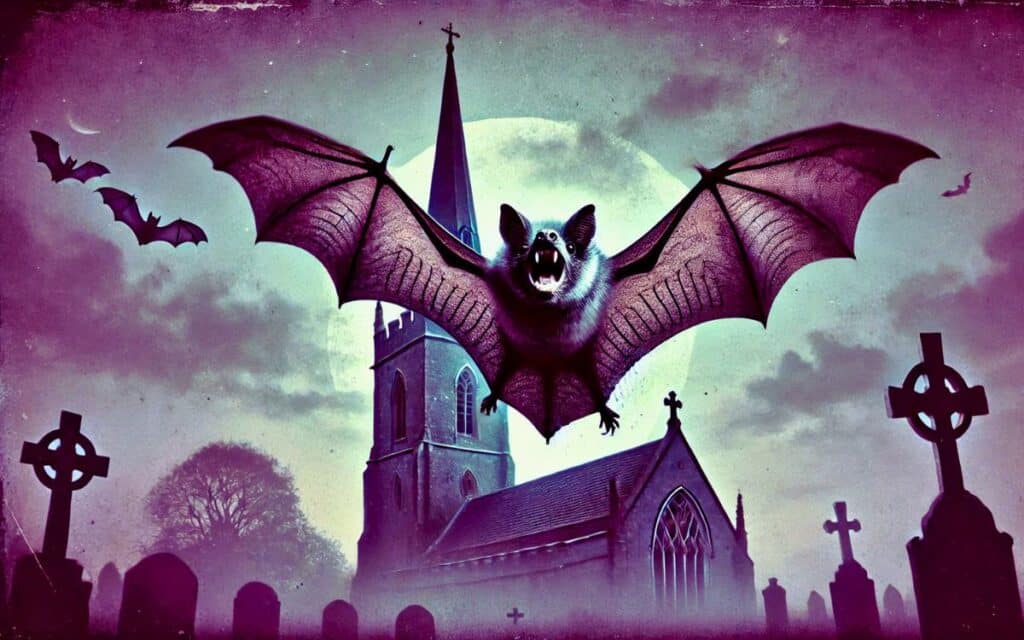
Bats have flown through the annals of folklore for centuries, their nocturnal habits and eerie appearance granting them a special place in the realm of the supernatural.
Whether they appear as familiars to witches, symbols of vampires, or harbingers of death, bats have long inspired both fear and fascination.
In British and Irish folklore, these creatures are often viewed as symbols of the unknown, embodying both the mystical and the macabre. Yet, beneath these ominous tales, bats are misunderstood, often playing a more symbolic than factual role.
Below are 10 intriguing folklore beliefs about bats from Britain and Ireland.
Bats Folklore You Didn’t Know
Bats Exist Between Worlds
Bats are considered liminal creatures, existing at the threshold between day and night, light and darkness.
Emerging at dusk, they were believed to traverse the boundaries between the natural and spirit worlds.
This liminal nature made them appear supernatural, with the power to move between different realms.
In British and Irish folklore, they were often thought to be messengers between the living and the dead.
Bats and Vampires Become Inseparable
The connection between bats and vampires didn’t solidify until the 16th century, when vampire bats were discovered in the Americas.
Once these blood-sucking creatures became known, they were quickly associated with European vampire legends.
By the time Bram Stoker’s Dracula was published in 1897, the link was cemented, with Count Dracula transforming into a bat.
This association between bats and vampires remains central to Western folklore today.
Bats Act as Witches’ Familiars
In medieval Europe, bats were frequently considered familiars to witches, believed to assist them in magical practices.
Their nocturnal habits and presence in old, dark places made them ideal companions for witches.
In parts of England and Scotland, it was believed that witches used bats to cast spells, deliver curses, or carry messages to the Devil.
This connection to witchcraft further cemented bats’ reputation as creatures of darkness.
Bats Entering Homes Foretell Death
A widespread belief in Britain and Ireland holds that if a bat enters your home, death is near.
This superstition comes from the idea that bats are messengers from the underworld, able to cross between the realms of the living and the dead.
In some regions, it was thought that if a bat flew into your house, someone in the family would die within the year.
Even today, this belief lingers in certain rural areas of the UK.
Bats Symbolise Halloween’s Supernatural Energy
Bats are closely linked to Halloween, a connection that traces back to the ancient Celtic festival of Samhain.
During this time, the boundary between the living and spirit worlds was believed to be at its thinnest.
Bats, often seen flying at dusk, were thought to be creatures capable of moving between these worlds.
Their appearance during this transitional time added to their association with death and the supernatural, a connection still visible in modern Halloween celebrations.
Bats Avoid Human Hair Despite the Myth
A persistent myth in British and Irish folklore is that bats are drawn to human hair and can become tangled in it.
This belief likely stemmed from bats’ erratic flight patterns, which made them appear to swoop toward people.
However, bats have excellent echolocation and are adept at avoiding even small obstacles.
The myth contributed to the fear of bats, but it has no basis in reality.
Killing a Bat Brings Bad Luck
In many parts of rural Britain, particularly in Ireland, it was believed that killing a bat would bring bad luck or even a curse upon the family.
Some stories suggested that the person responsible for killing a bat would suffer illness, financial ruin, or death soon after.
This belief stemmed from the idea that bats were creatures of the spirit world, and harming one would invite misfortune from beyond.
Bats are Linked to Samhain’s Spirit World
During Samhain, the ancient Celtic festival that evolved into Halloween, bats were thought to be especially active.
The festival marked a time when the veil between the living and spirit worlds was thin, allowing supernatural beings to pass between them.
Bats, which often roost in caves and dark places seen as entrances to the Otherworld, were believed to have the power to traverse these realms.
Seeing a bat during Samhain was thought to indicate the presence of spirits or other supernatural beings nearby.
Bats Represent Restless Souls of the Dead
In some parts of Scotland, bats were believed to be the restless souls of the dead, particularly those who had died violently or without proper burial rites.
These souls, unable to find peace, were thought to take the form of bats, flying through the night in search of rest.
Bats found in graveyards or old ruins were often considered to be the spirits of the unburied, further associating them with death and the afterlife.
Bat Blood is Believed to Have Magical Powers
In British and Irish folk magic, bats were believed to possess powerful properties, particularly their blood.
Bat blood was said to be used in spells to grant invisibility or enhance magical powers.
Some folklore suggested that bat wings or eyes could be used in charms to ward off evil or bring good luck.
However, obtaining these items often involved gruesome rituals, adding to the bat’s reputation as a creature tied to dark and dangerous magic.
These varied beliefs show how deeply bats are entwined with human fears, superstitions, and mystical traditions across Britain and Ireland.
Have you encountered any bat folklore from Britain or Ireland? Tell us about your experience in the comments!

